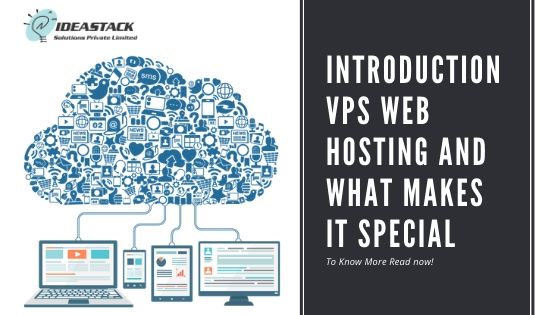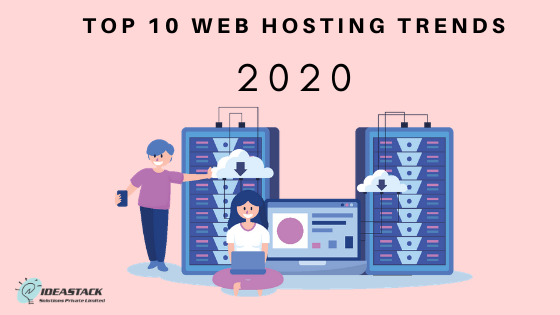Myth of Dedicated servers not beneficial for small organizations busted
In the dynamic world of web hosting, the debate around dedicated servers and their suitability for small organizations has been a persistent one. Many hold the belief that dedicated servers are exclusively beneficial for large, high-traffic businesses, relegating small organizations to shared hosting solutions.
But is this assumption rooted in fact, or is it merely a myth waiting to be debunked? Let’s explore.
Dedicated Servers: Not Just for the Big Players
The Common Misconception
It is normally said that Dedicated Servers can be effective for only the high web traffic experiencing organizations and cannot be considered suitable for small organizations due to the level of performance and its affordability.
But is there any authoritative proof or research to validate this claim? We don’t think so. High Performance is a key weapon that every organization, regardless of size, needs.

Why Size Doesn't Matter
Large organizations need high performance to maintain consistency, and small organizations need it to rise to the level of their larger counterparts.
Take E-commerce sites, for example, where maintaining a high level of performance, security, and privacy is crucial for attracting customers and increasing profits, regardless of the size of the business.
Cost vs. Benefit
If the earnings and profits justify the resource usage, then dedicated servers can be affordable for small organizations as well. Unlike shared services, which come with the underlying fear of compromised performance, dedicated servers offer efficiency, control, and peace of mind.
Dedicated Servers: A Closer Look
Breaking the Traffic Myth
A small business does not necessarily equate to less traffic or lesser resource demands. Situations may arise where a small organization needs to cater to specific customer groups, demanding higher resources.

Performance and Control
With higher resource requirements comes the need for a higher level of functioning. Shared hosting can sometimes fall short, but dedicated servers excel in this area. They offer full control, unrestricted resource usage, and no boundaries hindering functionality.
Customization and Automation
Dedicated servers offer opportunities for customization and automation that shared hosting cannot match. This flexibility allows small organizations to explore new growth aspects through reliable, secure, and efficient hosting.
For more information and tailored solutions for your organization, visit Ideastack.
Conclusion
Dedicated servers are not just beneficial but often essential for small organizations. They provide the high performance, reliability, security, and customization capabilities that are crucial for any business aiming to grow and compete in today’s market.
By debunking the myth that dedicated servers are only for large organizations, small businesses can break free from limitations and embrace the full potential of dedicated hosting.
Frequently Asked Questions
Q1. Are dedicated servers too expensive for small businesses?
By debunking the myth that dedicated servers are only for large organizations, small businesses can break free from limitations and embrace the full potential of dedicated hosting.
Q2. Can a small business with moderate web traffic benefit from a dedicated server?
Absolutely. Even moderate traffic can benefit from the enhanced performance and security that dedicated servers provide, especially for businesses aiming for growth.
Q3. How does a dedicated server enhance a small business’s online presence?
A dedicated server offers improved website performance, better security, and the flexibility to customize and scale resources as the business grows, enhancing the overall online presence and customer experience.


















